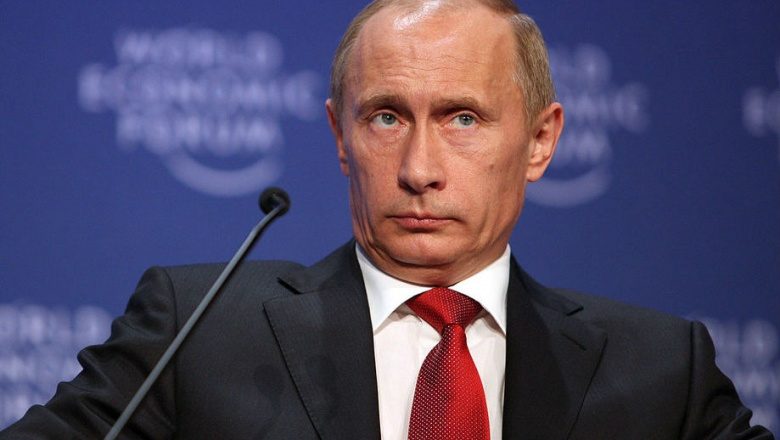A nation must think before it acts.
In recent weeks, I have had the honor to attend different daylong seminars convened to ponder Russia’s future under Vladimir Putin and the future of U.S.-Russia relations: a “Russia Experts Meeting” hosted by the Carnegie Corporation of New York, bringing together some of America’s leading specialists in the Russia field, and a “Russia Futures” project, which assembled members of the Naval War College’s faculty who study various different aspects of Russia, Europe and Eurasia policy.
I have left these events with a growing sense of pessimism. Russia policy seems stuck in a bad policy version of the movie Groundhog Day. Eight years ago, Iadvised, “What is needed is a dispassionate approach to Russia, wherein Americans would neither magnify nor excuse the virtues and vices of the Russian Federation. . . . If we are willing to. . . part with our illusions, we can move forward. If not, then U.S.-Russia relations will continue to deteriorate, and proposals for cooperation will languish.” Three years ago, even before the events in Ukraine had occurred, I had offered a bleak assessment of where things were going, that no substantive partnership was possible between the United States and Russia: “I think there is still an illusion, particularly in parts of the Kremlin, that you could achieve a level of partnership with the United States by which you could then get a free pass from the U.S. on various aspects of Russian domestic and foreign policy.” But Russia would be unable to offer that, “in part because Russia’s own domestic and foreign policy interests preclude it from being able to offer such a partnership to the United States in the first place. And on the other hand, the cooperation that Russia could offer the United States, while it is valuable to the U.S., is not worth so much to the United States. . . that you would have a willingness on the part of the United States to give that degree of a free pass.”
Yet we continue to circle around the same set of questions: does Russia matter to core U.S. interests? If so, is it easier to find accommodation with Moscow to achieve those ends? If not, should the United States be willing to pay the costs of foregoing whatever Russian help might be forthcoming in favor of using increased military, political and economic pressure for pushing for changes in Moscow’s internal and external behavior? As such, a prediction I made at the Carnegie Endowment for International Peace in November 2012 is coming true: that the unresolved nature of the U.S.-Russia relationship will require yet another U.S. president to search for some sort of reset after 2016.




